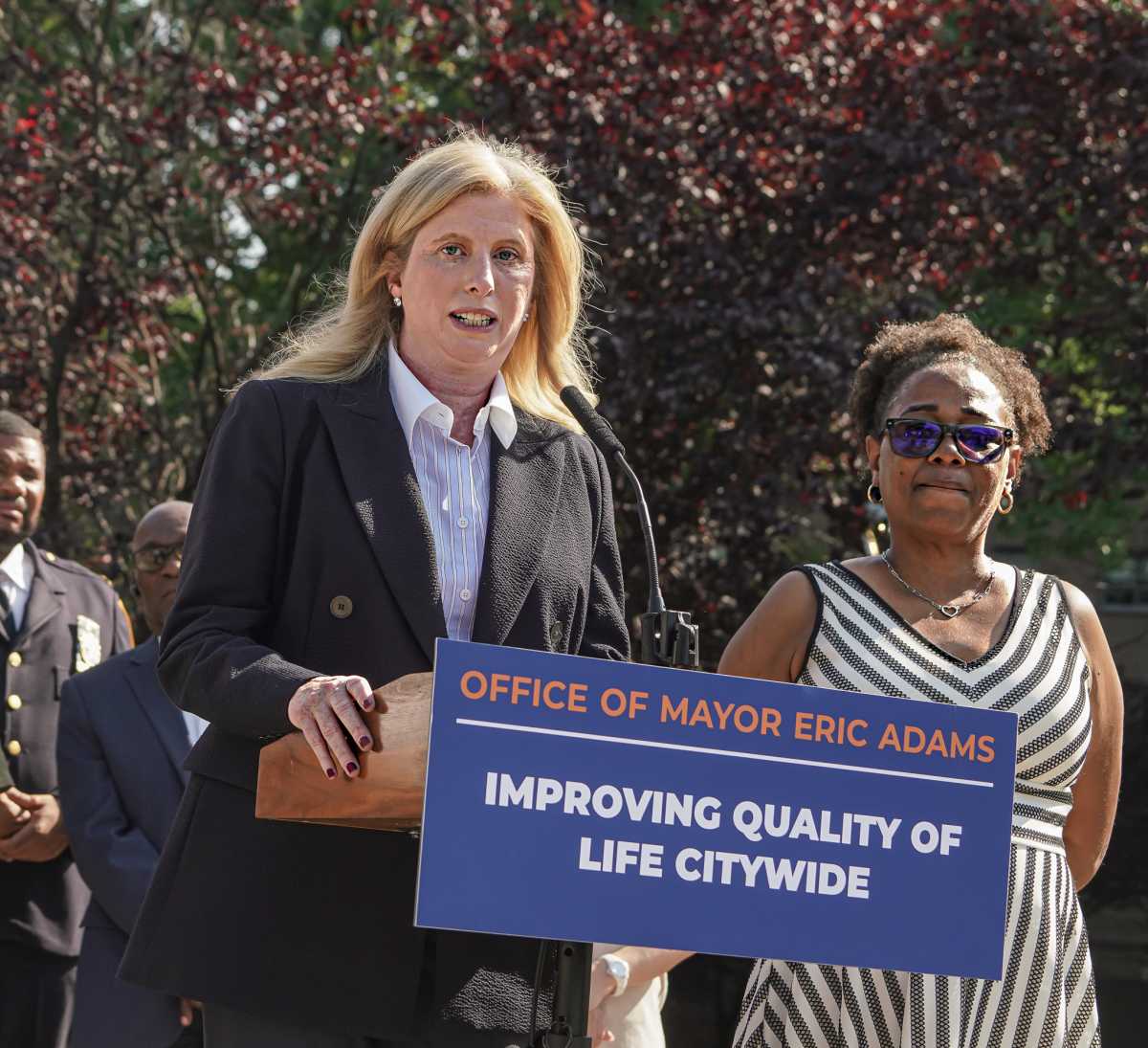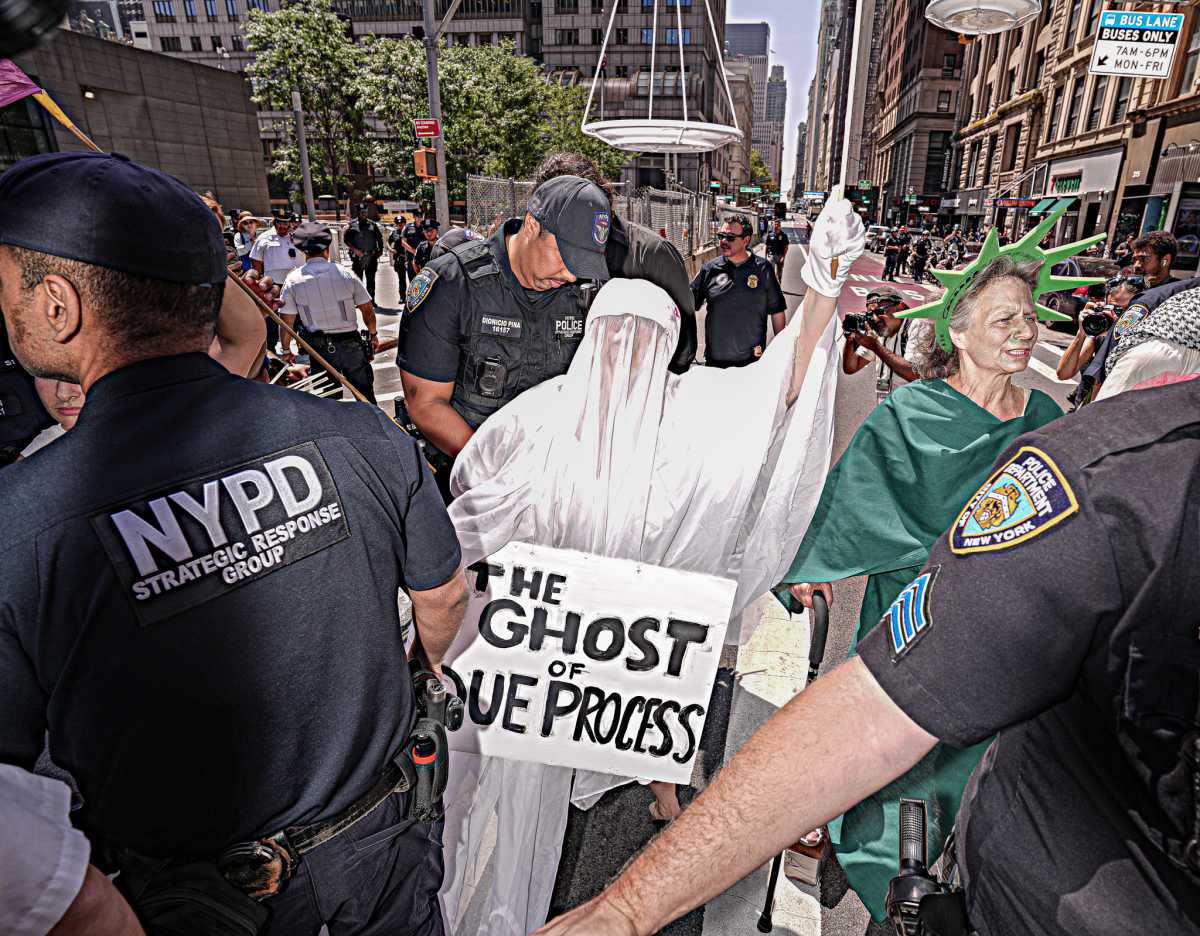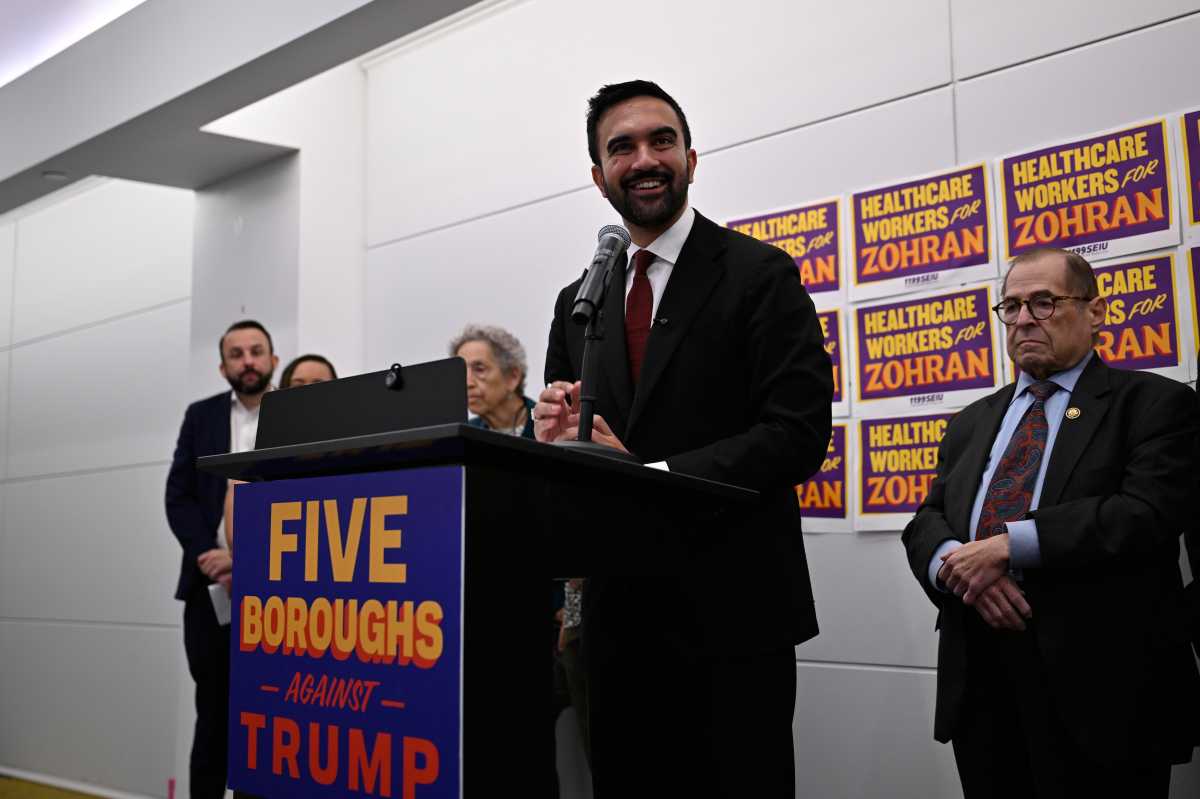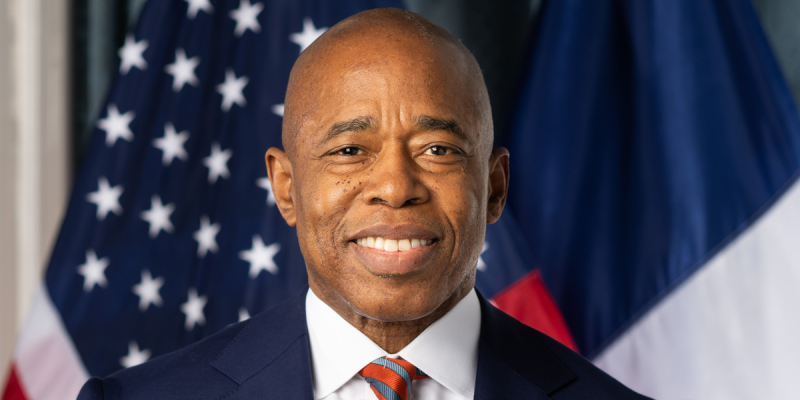 Woody Allen sits next to David V. Picker, an exec who helped bring him to the movies in the first place.
Woody Allen sits next to David V. Picker, an exec who helped bring him to the movies in the first place.
Credit: David V. Picker
Film exec David V. Picker doesn’t have the flamboyance of a Robert Evans. But his track record is arguably even more staggering. As a producer, including stints as president of United Artists in the ‘60s and ‘70s, then Paramount and Columbia, he helped bring James Bond to the movies, as well as the Beatles, Woody Allen and Steve Martin. He shepherded Best Picture winners “Tom Jones” and “Midnight Cowboy” and worked with international masters like Ingmar Bergman, Bernardo Bertolucci and Francois Truffaut. His new book “Musts, Maybes and Nevers: A Book About the Movies” details his successes and occasional disasters over a lengthy career.
This is a largely positive book, though you do call Robert Altman an unprintable word.
Some of the people I dealt with I had enormous respect for and liked. Some of the people I had respect for and didn’t like. Some of the people I dealt with I neither respected nor liked. It’s the nature of the beast, but in the world of the arts, it’s probably even more — how should I say? — more colorful.
Artists don’t always have a strong business sense.
But many do. Even if they don’t have good business sense, they understand that in order to get support for what they do, they have to deal with the financial reality. Some of them are very good and extremely caring, others — on both sides of the table — couldn’t’ care less.
The cliche of the ‘60s and ‘70s was there was a greater creativity than there is now.
I’m not sure that’s true. There was certainly great freedom, but I just saw two movies in the last few days that are fantastic, and they couldn’t be further apart in economic content. You go see “Gravity” and you go see “Nebraska,” and you see two fabulous movies that couldn’t be further apart in the economic risks involved and the potential gain involved. And yet both got made and both are absolutely fabulous films.
You mention not only great, beloved films you were involved with, but also disasters. But some, like “The Fugitive King” and “Electra Glide in Blue,” have come around to some retroactive acclaim. Even “Ishtar” has a cult following now.
Well, that doesn’t make it good. I don’t think “Ishtar” is a very good movie. “The Fugitive Kind” is a terrible picture. It just doesn’t work. That’s my opinion. Other people may think it’s a classic of some kind. They’re entitled to think that. It’s the one thing about the arts is everybody comes away with their own opinions. Some people look at modern art and say it’s just junk. Other people look at it and think it’s fabulous and interesting.
You stress how hard it is to predict success in the movie business. Even James Bond — a British series starring a then-unknown — was risky.
Every movie’s a risk. I think making “Dr. No” for a million dollars wasn’t a giant risk. The difficulty there was getting the rights. Initially Ian Fleming wasn’t going to sell them. Then he sold them to somebody who couldn’t get it made. Then it wound up coming to us. One of the partners had a deal with Columbia, but Columbia didn’t want to do it them. It’s hard to look back today and say, “What do you mean they didn’t want to do the first James Bond movie?” But they passed and I got it. There’s no accounting for how those decisions are made, and at the end of the day, it’s water under the bridge.
A lot of things in today’s movie business are different but similar. What is worse?
What worries me is more of these smaller companies are getting taking over. James Shamus has just left Focus Features, so that just becomes another company that adheres to somebody’s corporate formula as to how much they have to make to be successful. That’s not the way to make great movies. The decision to change Focus is an incredible loss to the industry.
Today it doesn’t seem like studios have relationships with directors as strongly as United Artists did.
I’m not sure that’s true. I would bet you that Sony Classics and the Weinstein’s and Focus have relationships with filmmakers. Otherwise pictures like “Nebraska” wouldn’t get made. It’s a complex business. If it’s only aimed at how much money can be made on an individual picture, it’s probably doomed to failure, because no body’s going to make the right choices all the time. Very smart people made “The Lone Ranger.” We were very smart and we made “The Greatest Story Ever Told.” How smart was that? It almost cost the company its life. And we were the same people who did “Tom Jones” and [“A Hard Day’s Night”]. It’s a very, very challenging business.
Still, it seems United Artists, especially during your tenure, was known for being very hands-off with directors.
That’s why filmmaker came to United Artists. Once we approved the budget and the cast, they went off and made their movie. And the only time we got involved was if they gave us budget problems. It was very rare that happened in any major way. It happened in a few. It happened with “The Greatest Story Ever Told.” It happened with “It’s a Mad Mad Mad Mad World.” It’s difficult when you have to get into the financial decisions tied to creative decisions. It’s never easy.
You mention being one of the few who saw the original, four hour cut of “It’s a Mad Mad Mad Mad World.” What was it like?
What was it like? It was stultifying. It was arrogant. It was outrageous. The fact that he even thought he would get away with it was mind-boggling. And he didn’t. But he tried. It should have been 2 hours and 5 or 10 minutes. We finally settled at 2 hours and 26 minutes. But for a filmmaker who you gave your trust to and creative control to say it’s four hours and one minute and you can’t cut a frame — yeah, good luck, Charlie.
There’s a story that Paul Thomas Anderson said something similar when he first presented his original, even longer cut of “Magnolia.”
I don’t know him. It was enough that I knew Stanley Kramer. One of those in a lifetime is enough.
With Bruce Dern’s buzzed performance in “Nebraska,” there’s been some attention put on “Smile,” a 1975 satire you executive produced.
Talk about an underappreciated movie. UA did not distribute that movie very well. It’s grown [in popularity] as time has gone by. They attempted to make a Broadway musical out of it, which had to fail. It was amazing to me that they decided to make a musical out of it. It’s about mediocrity. How do you make a Broadway musical about mediocrity? You can’t make something that’s mediocre because people won’t like it. And if you make it good then it won’t be mediocre.
It’s one of Michael Ritchie’s best films.
He broke a rule I had. I had a rule that I would never work with a director taller than me. He was taller than me. I’m 6’2, he was 6’5 or 6’6. But working with Michael was great. He’s sorely missed.
Your bio bills you as an “independent producer.” How active are you?
I’m not very active. I have one or two projects I’m interested in getting financed. But I’m not today’s news. And if I got them done, great, if not I’ll be disappointed. I’ve been in the movie business my whole life. It’s hard not to be involved. I’m very active in the Producers Guild. I’m active in talking to film students. I’ve enjoyed every moment of it.





















